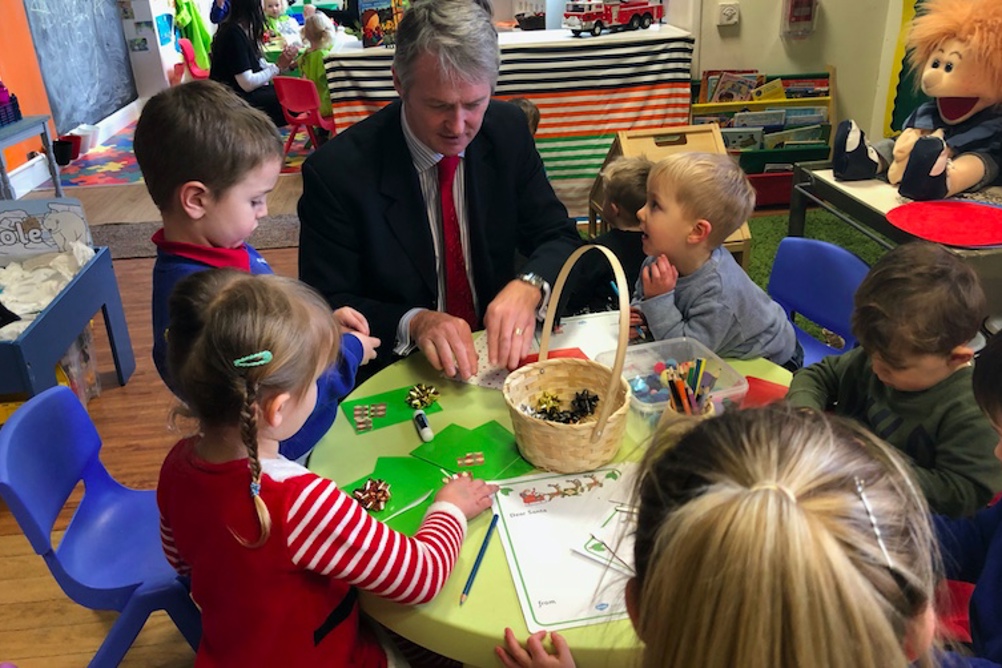
Parents of three- and four-year-olds in Wales will be eligible for 30 hours a week of early education and childcare for up to 48 weeks a year.
The Childcare, Play and Early Years workforce plan sets out the Welsh Government’s vision to professionalise the childcare and play workforce and attract new people into the sector, ensuring they have the right skills and qualifications, and supporting new and existing businesses to grow.
The government will be working with the Childcare Wales Learning and Working Mutually (CWLWM) consortium, which is made up of the five main childcare organisations in Wales, and is led by Mudiad Meithrin, which runs 500 Welsh-medium playgroups and 400 mother and toddler groups. The other organisations in the consortium are are Clybiau Plant Cymru Kids’ Clubs, National Day Nurseries Association (NDNA Cymru), PACEY Cymru and Wales Pre-School Providers Association (Wales PPA) .
The plan’s three key priorities are:
Register now to continue reading
Thank you for visiting Nursery World and making use of our archive of more than 35,000 expert features, subject guides, case studies and policy updates. Why not register today and enjoy the following great benefits:
What's included
-
Free access to 4 subscriber-only articles per month
-
Unlimited access to news and opinion
-
Email newsletter providing activity ideas, best practice and breaking news
Already have an account? Sign in here
